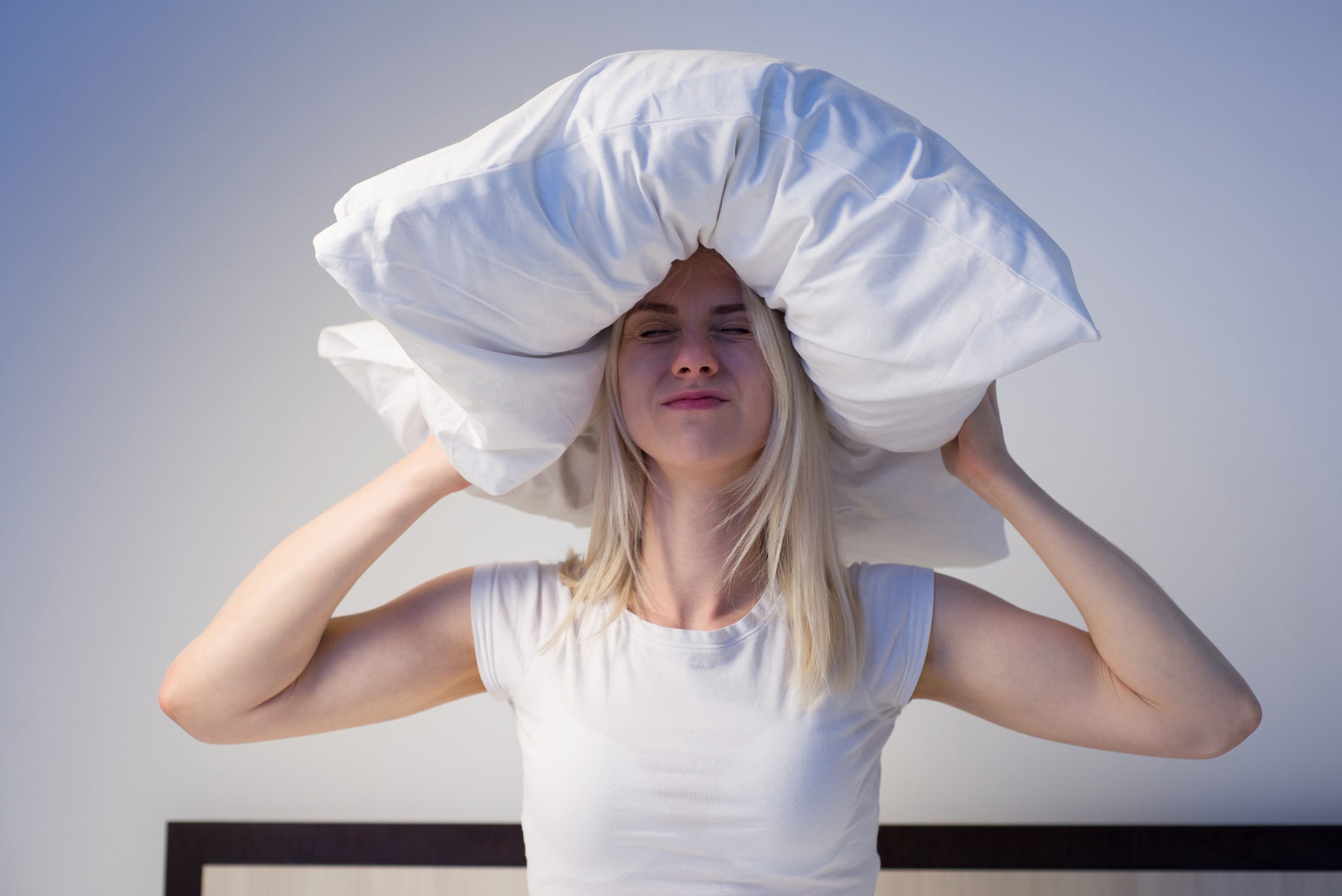Tell me how you sleep and I’ll tell you how you stress
Roee Admon - Department of Psychology
Bella Vakulenko-Lagun - Department of Statistics
Statistics
Health
Psychology
Database Collection Grant 2020

We all know that when we do not sleep long enough or when our sleep is of insufficient quality, our mood changes to the worse and our ability to overcome challenges and stressors is reduced. Scientists were able to provide support for these experiences by tying adequate sleep quality with elevated life quality, wellbeing, cognitive abilities and emotional regulation. It was further demonstrated that individuals with poor self-reported sleep quality are more vulnerable to stress, often exhibiting exaggerated emotional and physiological responses. Due to technological limitations, these studies were mostly conducted to date by assessing individuals’ sleep patterns in artificial laboratory settings or by using retrospective self-reports. The current research, led by Dr. Roee Admon from the School of Psychological Sciences, and Dr. Bella Vakulenko-Lagun from the Department of Statistics at the University of Haifa aimed to overcome these limitations by harnessing state-of–the-art wrist-worn sensor technology. To this end, a large sample of healthy adult participants were recruited to wear a wrist-worn sensor continuously for one week while fully maintaining their daily routines, thus recording their sleep patterns in natural settings. Following this week participants completed a novel acute stress manipulation that was developed by Dr. Admon and was shown before to uniquely identify individuals prone to exhibit stress vulnerability. Initial statistical analysis of these data, using piecewise linear mixed effects models indicated that individual differences in reactivity to laboratory-induced acute stress can indeed be predicted using pre-recorded sleep patterns in natural settings. Specifically, we found that individuals that tend to sleep longer hours during the week exhibited sharper reduction in their positive affect in response to acute stress. Future analysis of these data, as well as recruitment of an independent sample for model estimation purpose, could enable the identification of sleep markers that predict stress vulnerability. In the long run these markers may contribute to more efficient allocation of clinical efforts post-exposure, as well as to the formulation of novel preventative interventions that could be administrated pre-exposure to stress.
For related studies see our lab web-site: www.hevra.haifa.ac.il/stress-psychopathology

